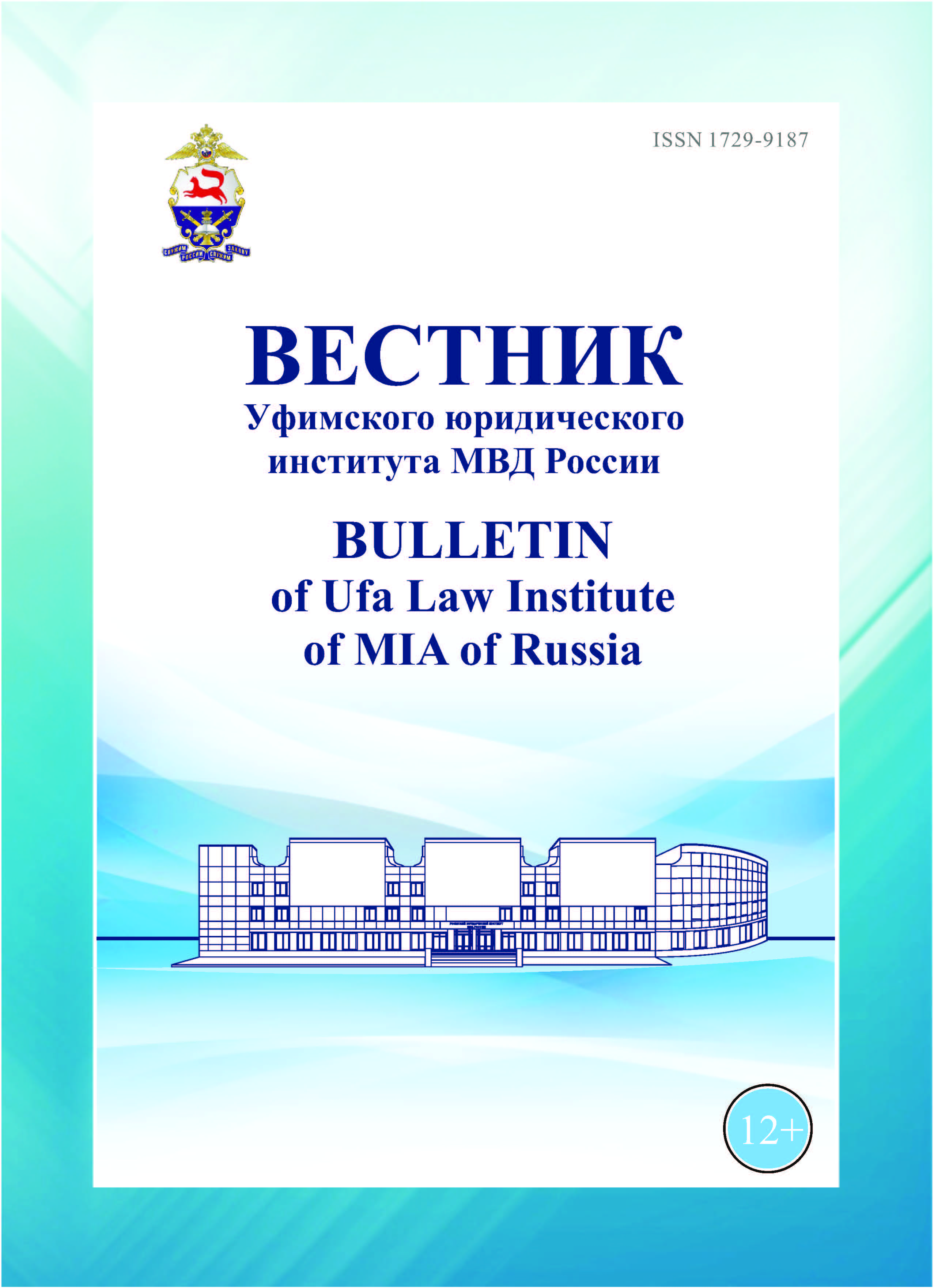Ufa, Russian Federation
UDC 811
The article deals with the cognitive-psychological structure of understanding the text, provides special rules, the implementation of which should improve the readability and processing of legal documents, reduce emotional rejection by ordinary citizens. The most important of the provisions is the reference to known sources of information for understanding the unknown. At the state level (on the example of Germany), the possibilities of linguistic optimization of the texts of draft laws are offered. The article describes the work of linguistics experts of the editorial department “Legal Language” at the Federal Ministry of Justice and Consumer Protection, aimed at editing the German official language, removing difficulties in reading and perceiving legislative documents. During the language processing of legal texts, complex utterances are transformed into understandable sentences, various kinds of transformations are made taking into account current language trends.
text, process of understanding, mental model, cognitive-psychological conditions, legal language, linguistic editing
1. Dietrich, Rainer/Kühn, Katja Transparent or understandable, or how what is understood – An empirical study for understanding a legal text // Journal of Literary Studies and Linguistics. 118 (2000). P. 67-95. (In Germ.)
2. Vester, Frederic Think, learn, forget. What is going on in our head, how does the brain learn, and when does it let us down? 29th Edition. Munich: German Paperback Publishing, 2001. 249 p. (In Germ.)
3. Lasser, Ingeborg Understandable laws – a utopia? Remarks from a linguistic point of view on the linguistic design of the Civil Code of the GDR // Journal of Literary Studies and Linguistics. 118 (2000). P. 34–66. (In Germ.)
4. Diederich, Georg Linguistic norms for administration? – Yes! // The public use of language. Vol. 2. The language of law and administration. Stuttgart, 1981. P. 222–237. (In Germ.)
5. Atabekova A. A., Udina N. N. Problems of reforming legal discourse: overcoming difficulties in understanding the legal text // Bulletin of Moscow State Linguistic University. 2010. No 606. P. 113–119 (In Russ.)
6. Arkhipov A. F. Self-help guide for translation from German into Russian. M.: Higher School,1991. 255 p. (In Russ.)
7. Iskandarova G. R. On the interaction of English language of law and general literary standard// Bullet









